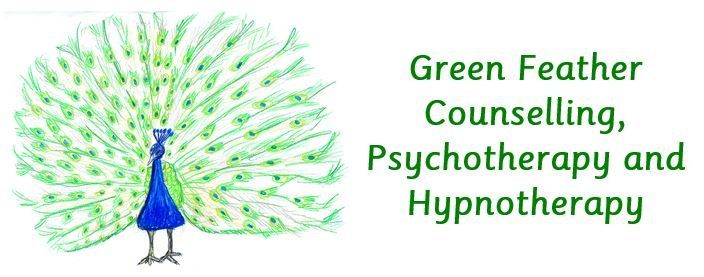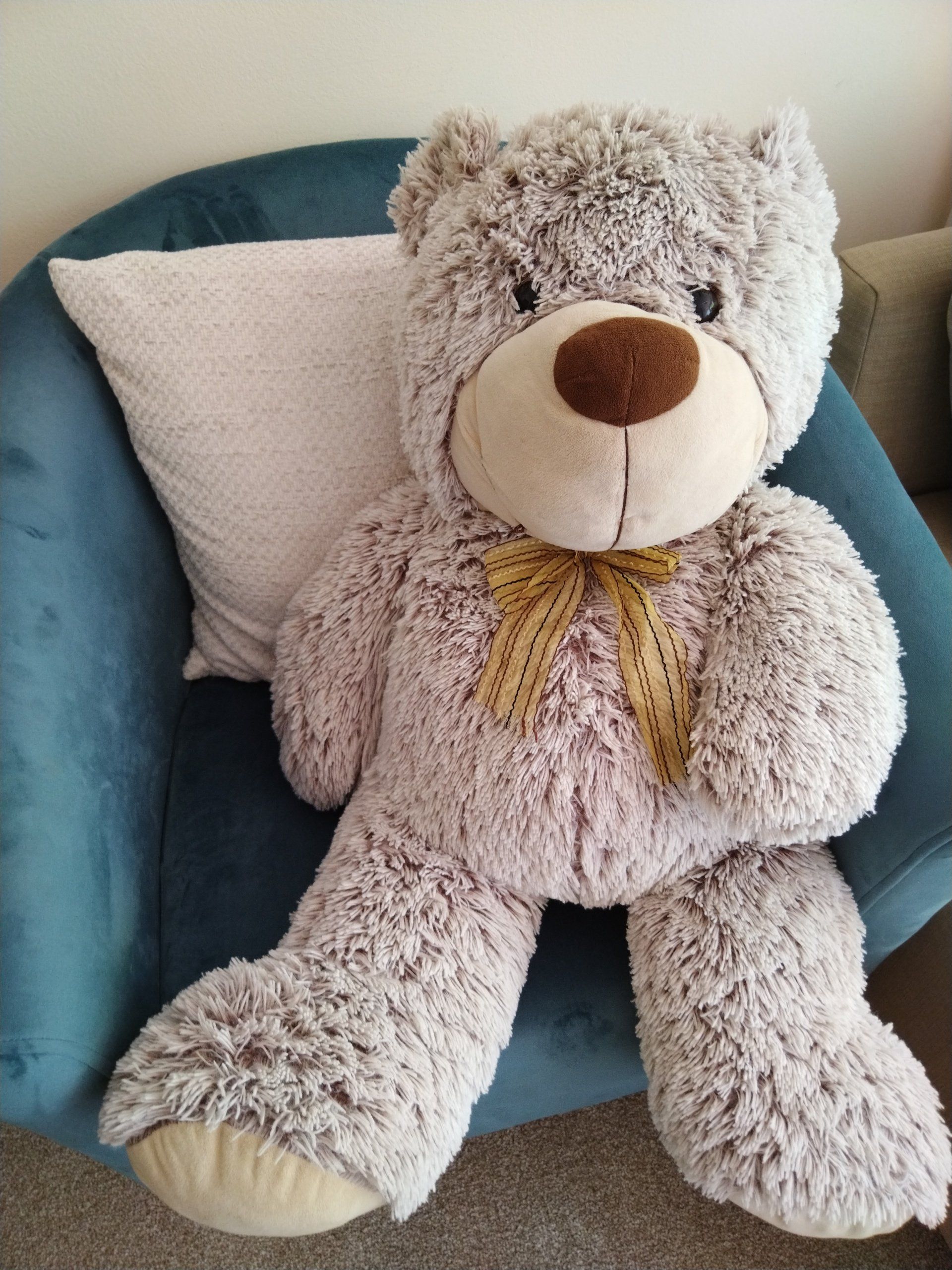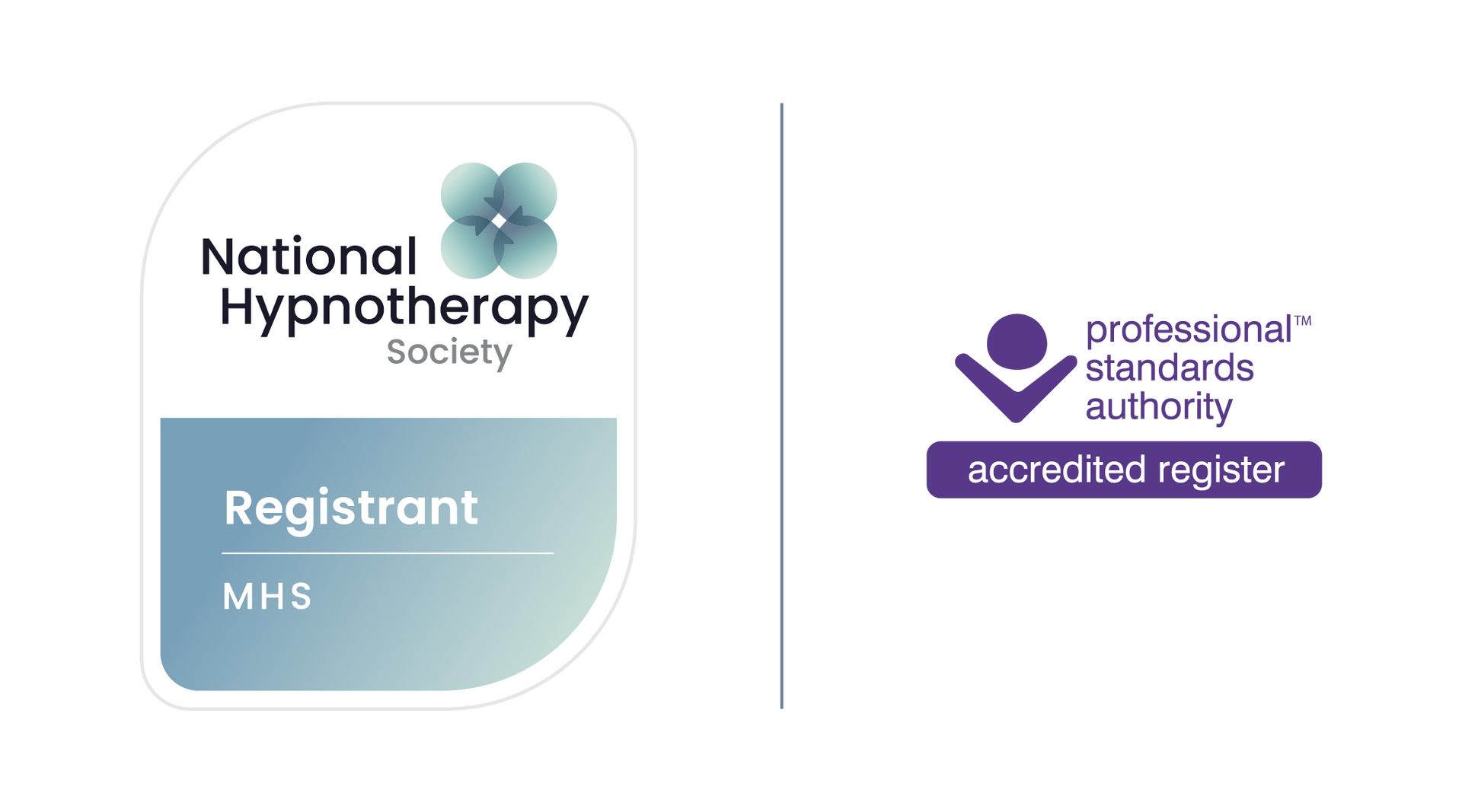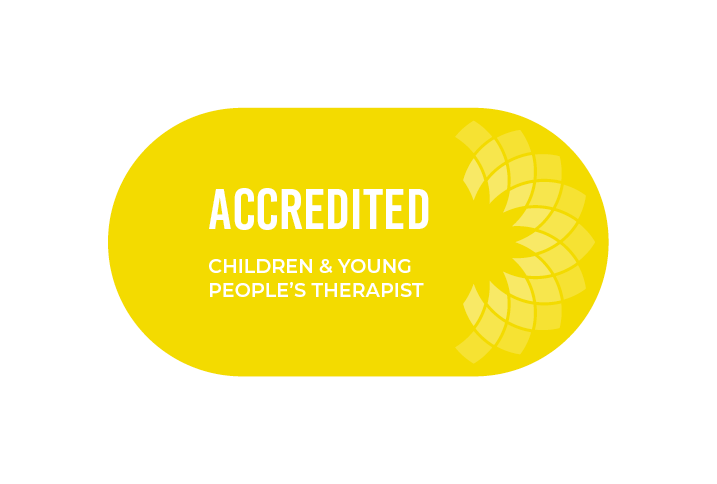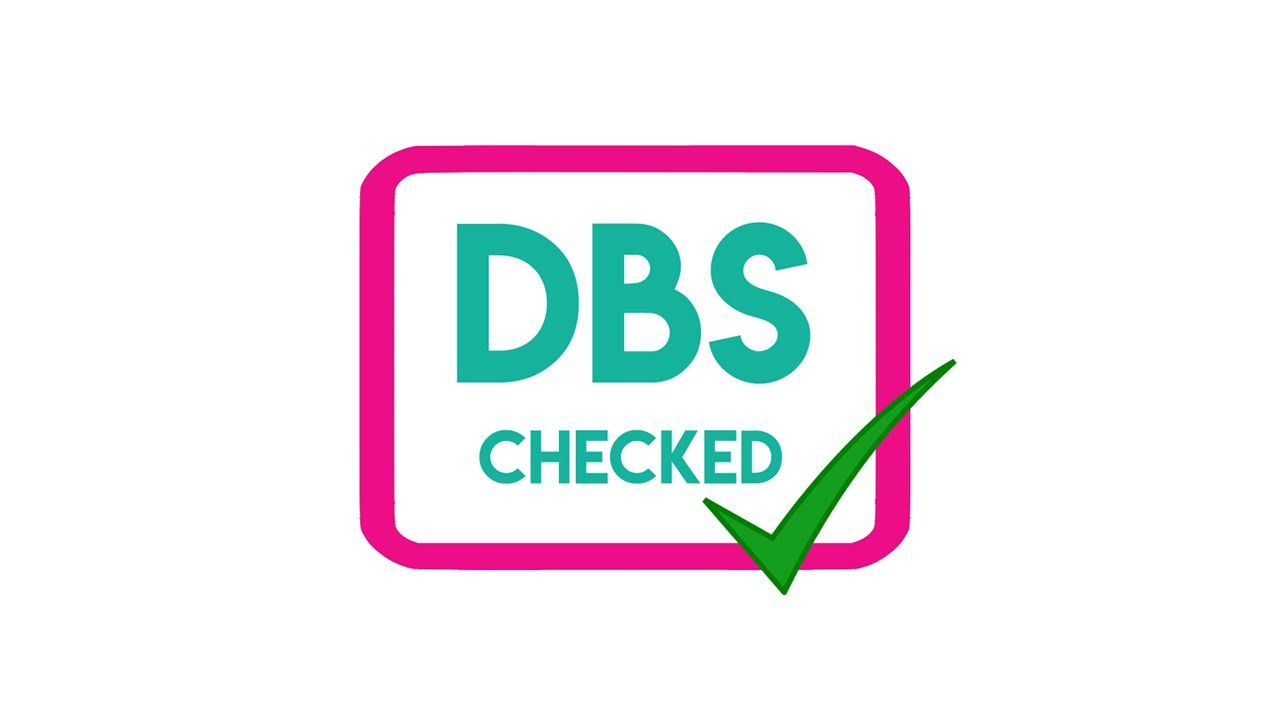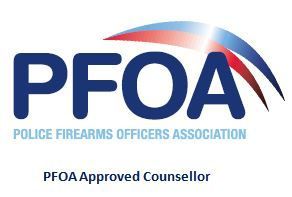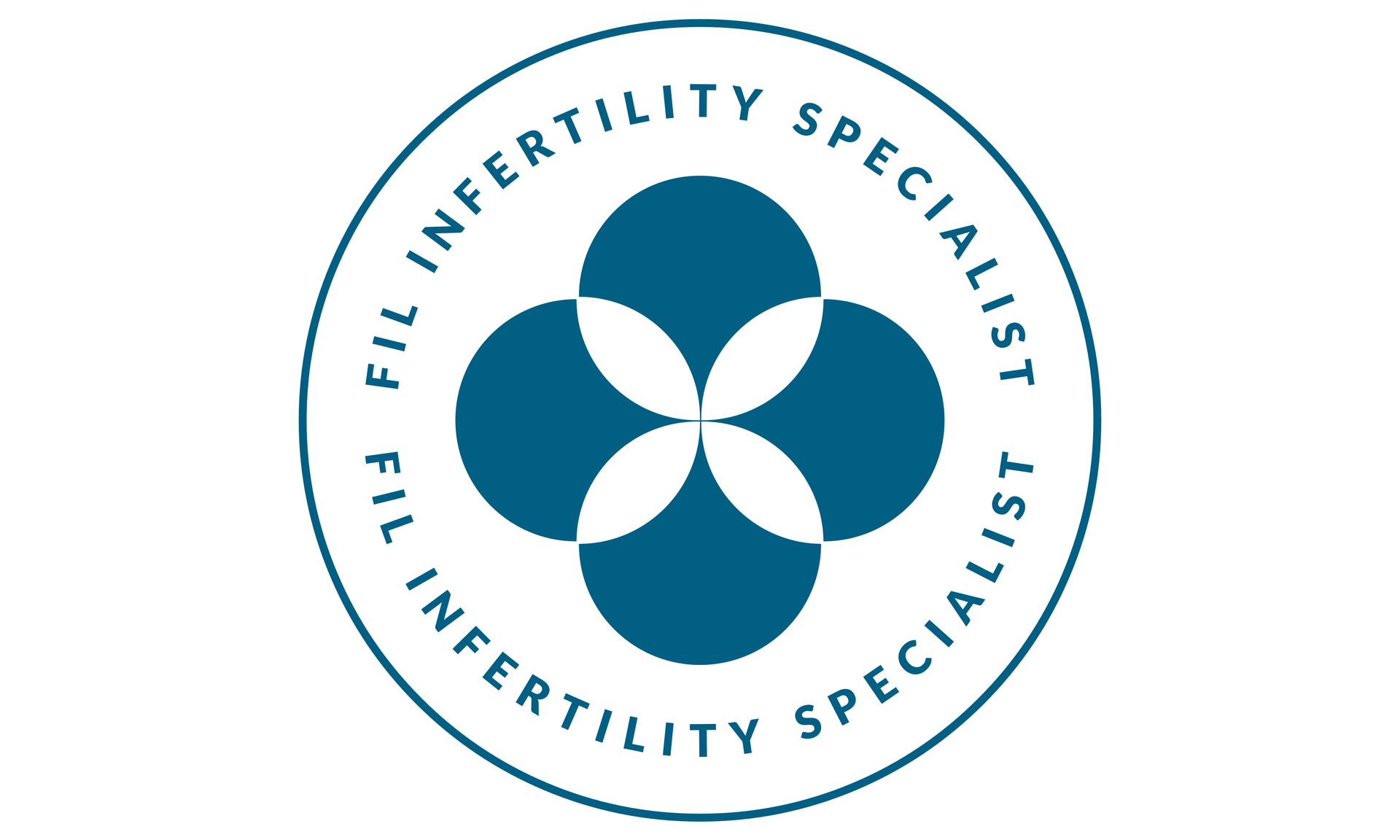Counselling: What Do I Offer?
“People do not come into therapy to change their past, but their future.”
Milton H Erickson
Counselling for Children and Young People
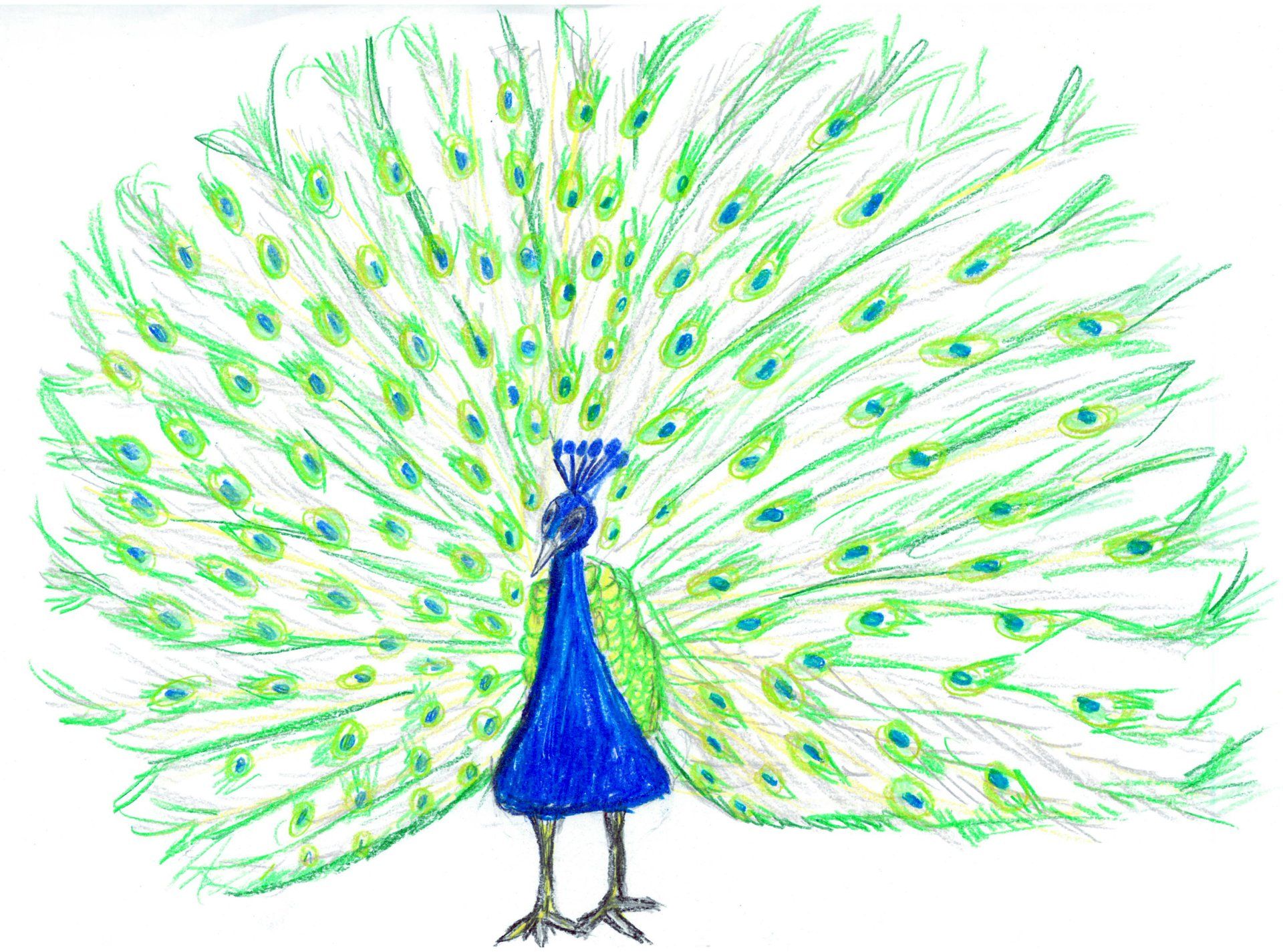
“A child’s mental health is just as important as their physical health and deserves the same quality of support.”
Catherine, Princess of Wales
Being a parent or carer can feel overwhelming at times. All you want is your child to thrive and be happy and it can be difficult to see them suffer. You want to help them yourself and to fix their problems for them, yet sometimes it can be difficult for children/young people to be able to talk to parents or family members about what they are thinking and feeling.
Talking to someone outside of the family, someone who has the training to help with their particular concern and someone who is unbiased can really help your child.
Counselling offers children and young people a space to talk about their thoughts and feelings in a safe environment. It helps them to share any worries or problems they may have and to build their confidence and self-esteem.
By creating a safe space to talk through their concerns, child counselling can help children understand their emotions better, develop coping strategies and build emotional resilience, something that will help them to make sense of the world they live in and serve them well into adulthood.
I can help children and young people with
· stress, including exam stress
· friendship or family issues
· bullying
· anger issues
· bereavement
· trauma
· behaviour problems
· anxiety
· OCD
· depression
· self-harm
I largely use Cognitive Behavioural Therapy when working with children and young people. It helps the child or young person to gain control of their thoughts, by challenging assumptions, encouraging healthy 'self-talk', and, where suitable, facing the feared situation to show that things are in fact OK.
I offer counselling to any child from the age of 5 upwards.
I offer shorter sessions of 30 minutes for children who are aged 10 years or younger, although it may vary depending on your child’s ability to sit and concentrate for a sustained period of time.
With younger children it is therefore likely that we may draw, paint, play or make things as we talk.
It is preferable that the sessions are held in person with younger children, rather than online or over the telephone. However, I am happy to offer these options to older children and young people.
I have over 25 years experience of working with children and young people in a variety of different settings.
I hold an enhanced DBS certificate and have Level 3 safeguarding training.
Counselling for Life Events
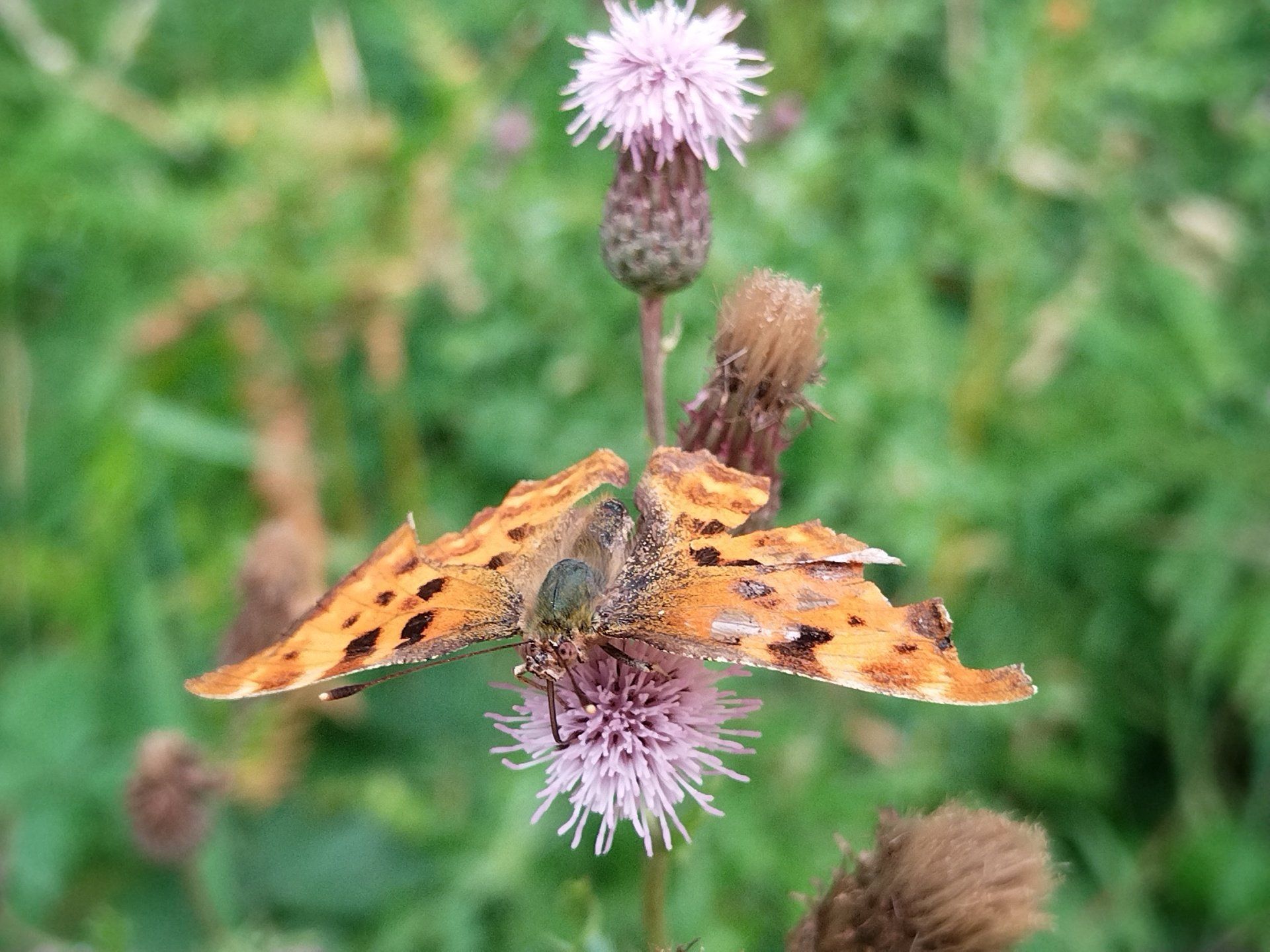
“I am not what happened to me, I am what I choose to become.”
Carl Jung
We all need moral or emotional support from time to time.
The ability to cope with life events can vary from person to person: some seem to breeze through any change, whereas others find things tougher and more challenging.
Major life events can take their toll on us and leave us feeling low, anxious, sad, upset, lost or stressed.
These may include events such as exams, divorce or separation, redundancy, illness or injury, family problems or bereavement. I have undergone training to work with infertility and loss.
Even life events that others see as positive milestones in life, such as marriage, moving home, childbirth, promotion or success at work – can sometimes leave us feeling confused or emotional, when everyone around us is telling us we should be happy.
There is no definitive list of difficult life events and in all of these circumstances and many more, we can benefit from therapeutic support; the ability to talk things through, a space to explore your current situation and support with how to facilitate change and move on.
Counselling for Trauma and Abuse

“Recovery is a process. It takes time. It takes patience. It takes everything you’ve got.”
Unknown
Going through very stressful, frightening or distressing events is sometimes called trauma. This is an emotional response to a terrible event like an accident, illness, assault, rape, disaster or any type of abuse.
Traumatic events can happen at any age and can cause long-lasting harm. Everyone has a different reaction to trauma, so you might notice any effects quickly, or a long time afterwards.
Immediately after the event, shock, disorientation and denial are typical. You may feel like your world has been turned upside down.
Longer term reactions include unpredictable emotions, flashbacks, strained relationships, Post Traumatic Stress and even physical symptoms like headaches or nausea.
Everyone has their own response to trauma and so counselling or psychotherapy will be tailored to your particular symptoms and be based upon your own unique needs. What helps is different person to person, and can change over time.
I can provide a grounded presence where you can begin to explore your trauma while feeling safe and listened to. I often use grounding techniques, and awareness exercises in the here-and-now so that you can start to feel safe.
I will work with you to recognise your resources and skills, and to build on these.
I will also help you to learn how to regulate your emotions and feel safer in the here-and-now, enabling you to begin to work through the trauma you have experienced.

Counselling for Depression, Anxiety and Stress

“Happiness is not the absence of problems, it’s the ability to deal with them.”
Steve Maraboli
Feeling sad, low or down is normal and happens to everyone at points during their life.
However, feeling that way for a longer period of time and feeling unable to bring yourself out of these feelings, is more of a concern.
Depression, anxiety and stress can occur at any time, together or separately.
Sufferers often feel alone or isolated. Some believe that that others will not understand, that people will see them as being sad, or that they should “just pull themselves together”.
Yet depression can be incredibly debilitating, leaving sufferers feeling overwhelmed, emotional and unable to cope.
Feelings like this may manifest themselves in anger, lack of sleep or appetite, constant crying, loss of interest in life, difficulty concentrating, feeling helpless or like you just want to disappear.
Anxiety can play a big part too. Thoughts can continually spiral to the worst possible outcome: for example: fear that you may lose your job, may make you fear your friends will abandon you too, even if you have no evidence that this will likely happen. You may suffer panic attacks more and more often, which begin to get in the way of your everyday life.
Getting out of these negative thinking patterns can be hard and seem impossible.
Counselling can help though. Together we can explore your feelings, acknowledge them and accept them. I can also support you to find your own ways to cope with what you are going through – and suggest different strategies and self-care techniques.
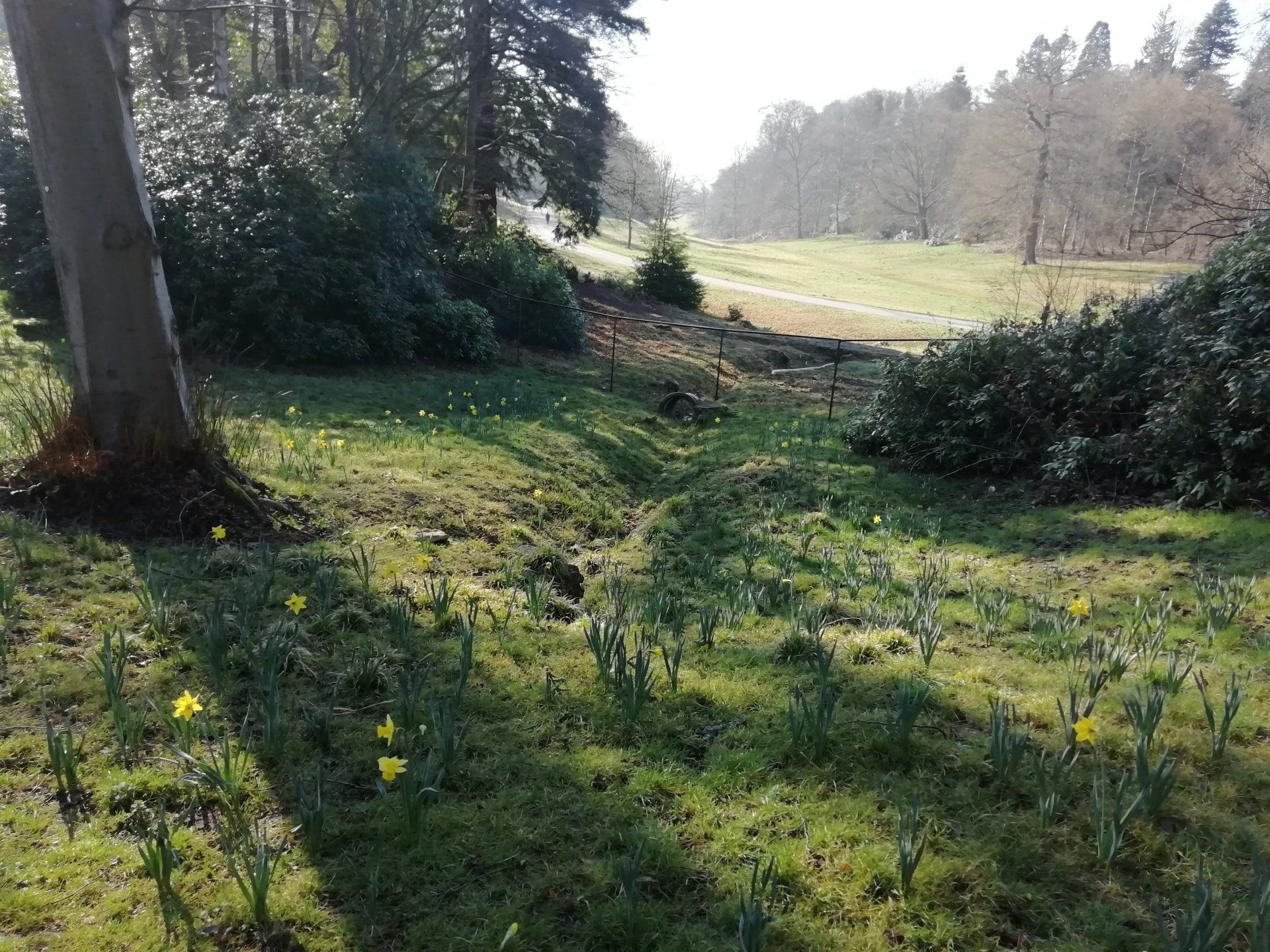
Counselling for Motivation and Goal Achievement

“One can choose to go back toward safety or forward toward growth. Growth must be chosen again and again; fear must be overcome again and again.”
Abraham Maslow
If you are feeling stuck, unmotivated, stressed, frustrated or lacking in confidence, you may need a change in your life.
It can be hard to facilitate this on your own and if you are struggling with this and procrastinating, counselling can help you to move from where you are now to where you wish to be, through a process of exploration and action.
I can guide and inspire you to bring about a clearer understanding of your aspirations, goals and life purpose and to effect the necessary changes in your behaviour to ensure the realisation of your objectives and desires.
We can do this by establishing clear and motivating goals, identifying any blocks you may have to achieving these goals, overcoming any emotional or practical challenges and exploring and resolving any mental barriers.
What else can I help with?
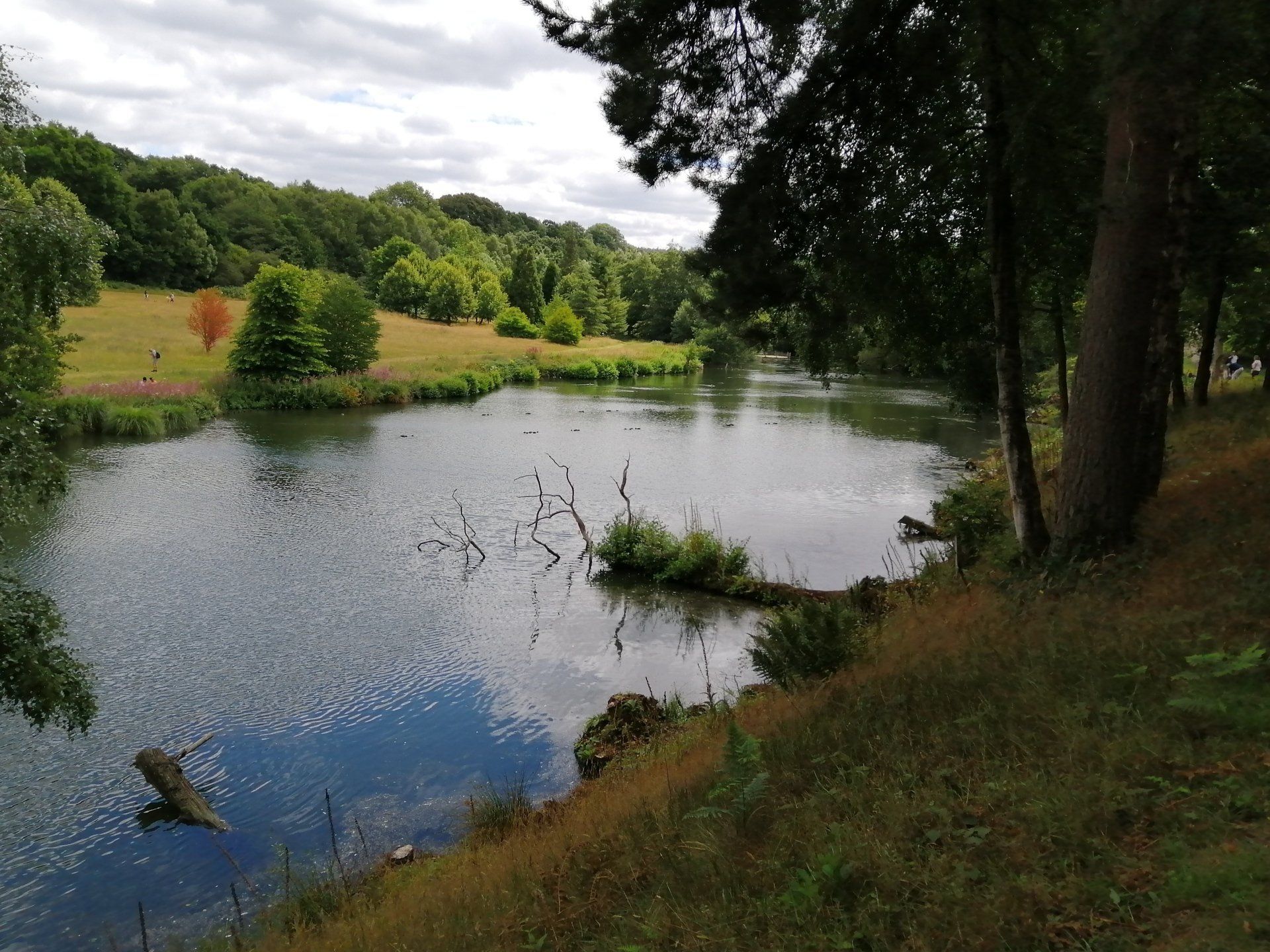
I can also help with counselling for:
- Addiction problems
- Ageing and mortality
- Anger Management
- Bullying
- Domestic Violence
- Eating Disorders
- Emotional Issues
- Gender Identity
- Isolation and loneliness
- Parenting issues
- Relationship issues
- Illness and pain
- Low self-esteem, lack of self confidence
- Sexual Identity
- Work related issues, career crisis, redundancy
If you are looking for support with something not listed above, please get in touch.
There are so many things that counselling can help with that it is impossible to list them all.
FAQs
What is the difference between Counselling and Psychotherapy?
Counselling and Psychotherapy are two practices that are closely related and that both fall under the category of ‘Talking Therapies’
These terms are often used interchangeably, but there is a difference:
Counselling is usually shorter term and focuses on a current issue that is affecting the client. It helps you to find ways of approaching an issue differently through changing your thinking and behaviour.
Psychotherapy, on the other hand, focuses on working at a deeper process level and over a longer term, for example considering how a deeply rooted issue from the past is affecting your experience of relationships and being in the world in the present.


What will happen in our first session?
Our first session is for me to find out all about you: what brings you to therapy and what you would like help with.
I will ask you questions in order to carry out an initial assessment. This will help me to begin to work out how I can best help you.
A contract will also be agreed so both you and I are aware of boundaries moving forward.
How many counselling sessions will I need?
The amount of sessions you may need differs for every person. We will discuss this during your first session, although it may change as we begin our work. I will review our work with you at regular intervals.
For some people short-term counselling (6 – 12 sessions) works best, whereas for others, longer and open-ended therapy works better.
How long are the sessions?
Each individual session of counselling, psychotherapy or hypnotherapy will be approximately 50 minutes long.
Sessions with children may be shorter, depending on their age and ability to talk for a sustained period of time.
If you are attending a one off quit smoking hypnotherapy session, this will be approximately 90-120 minutes in length.
How can I get the most from therapy?
The most important thing is to be open and honest with me. Our relationship is very important and you need to feel safe and that you can trust me. You may need to be able to take risks and be brave in disclosing difficult and sensitive issues.
As with everything in life there really can be no guarantees that any courses of action will solve your issues. Results may vary and it is important to understand that counselling is not a 'magic pill'.
However, what counselling or hypnotherapy can do is to help you to find a way to talk through your issues and give you the space to explore your options.

"The curious paradox is that when I accept myself just as I am, then I can change."
Carl Rogers
